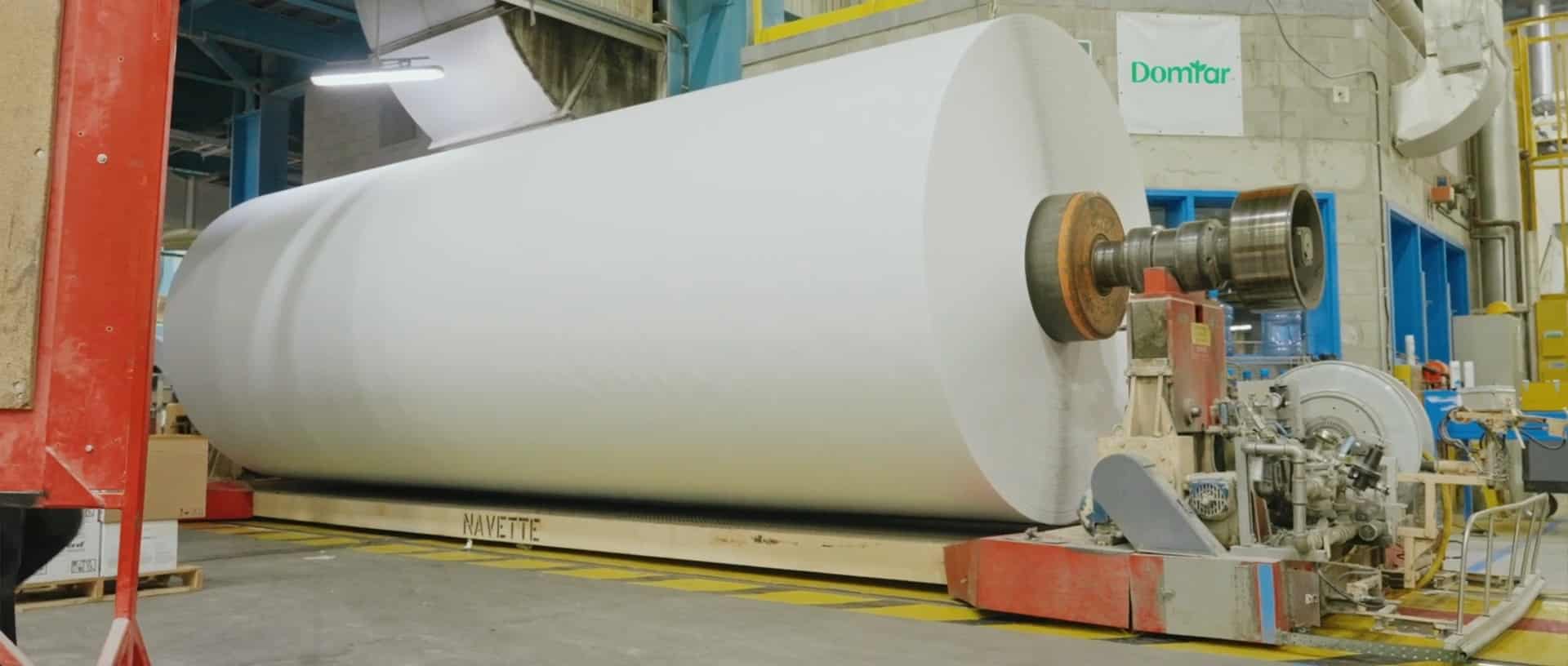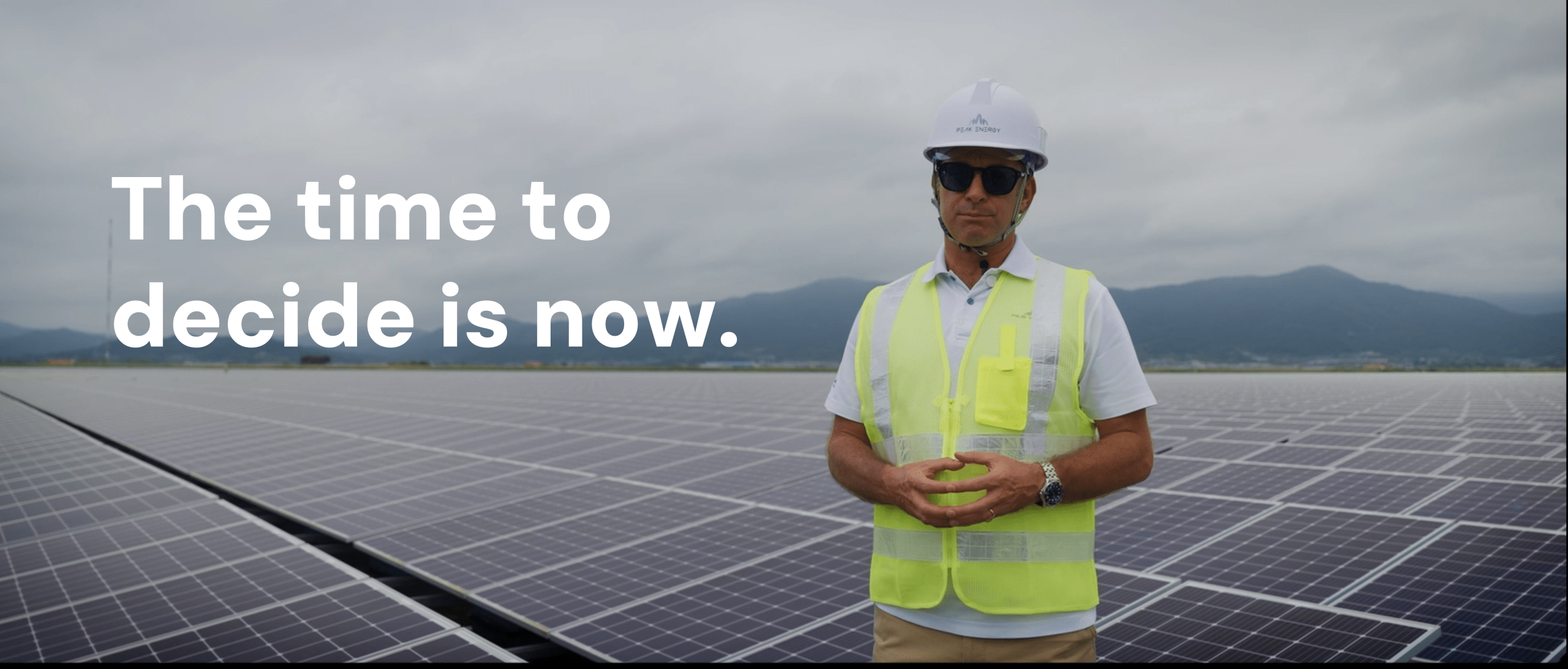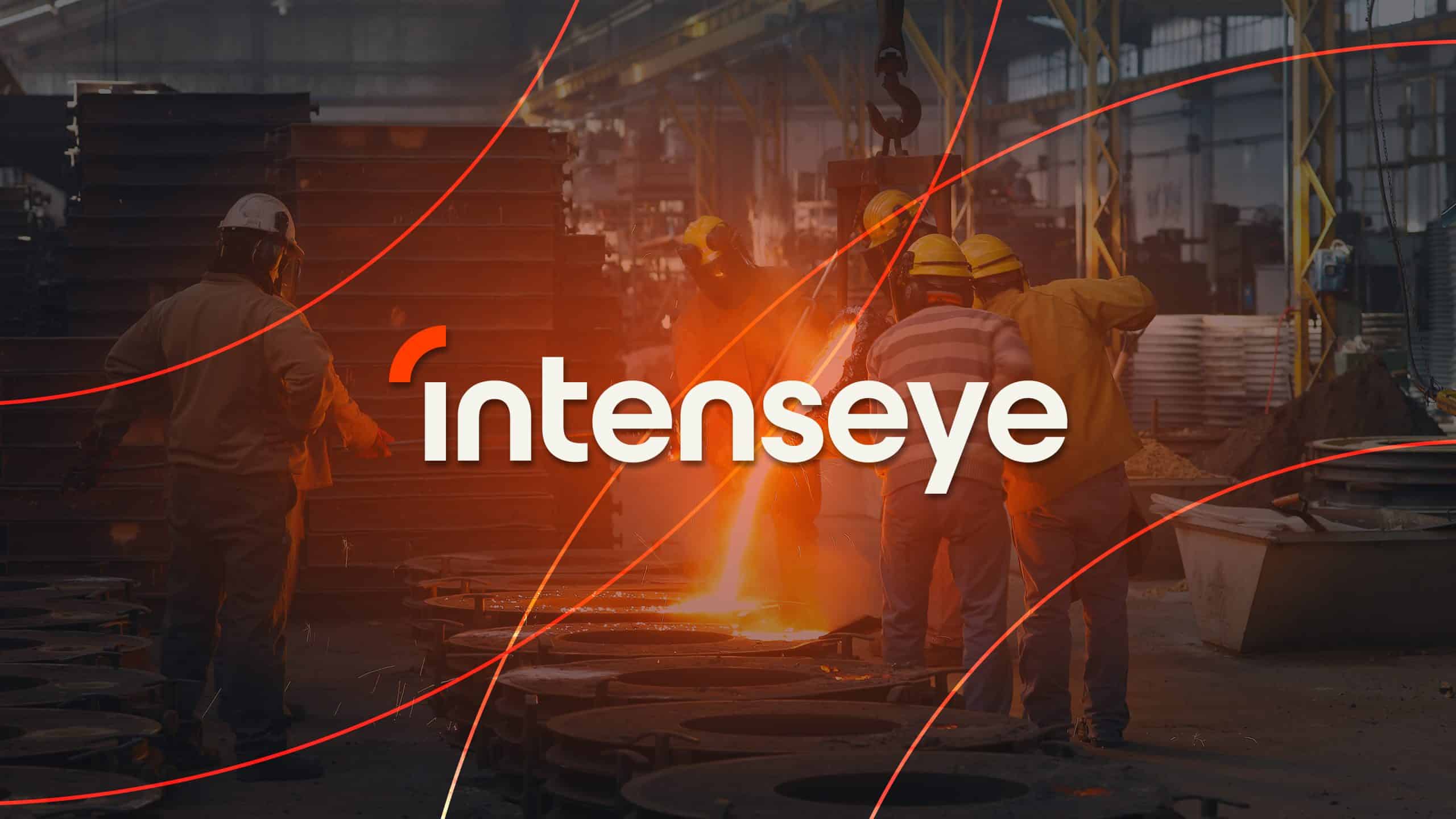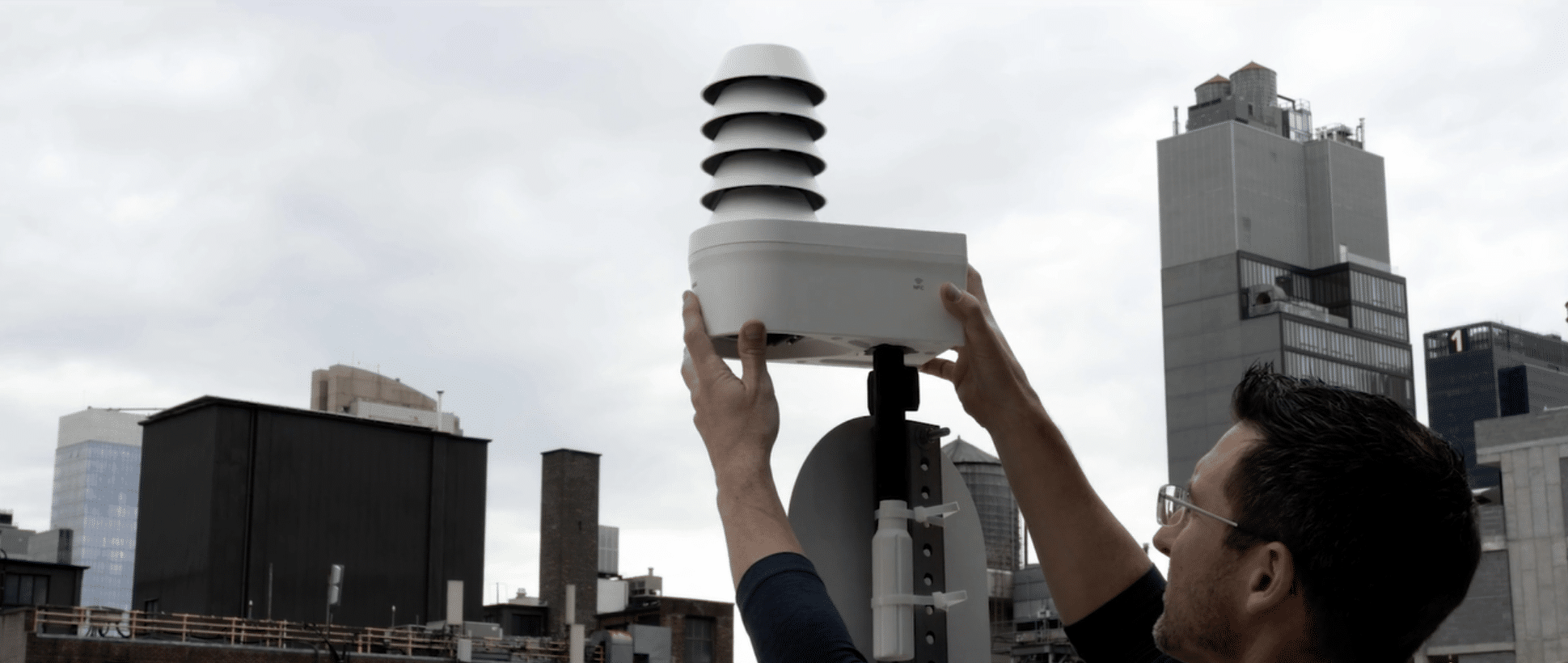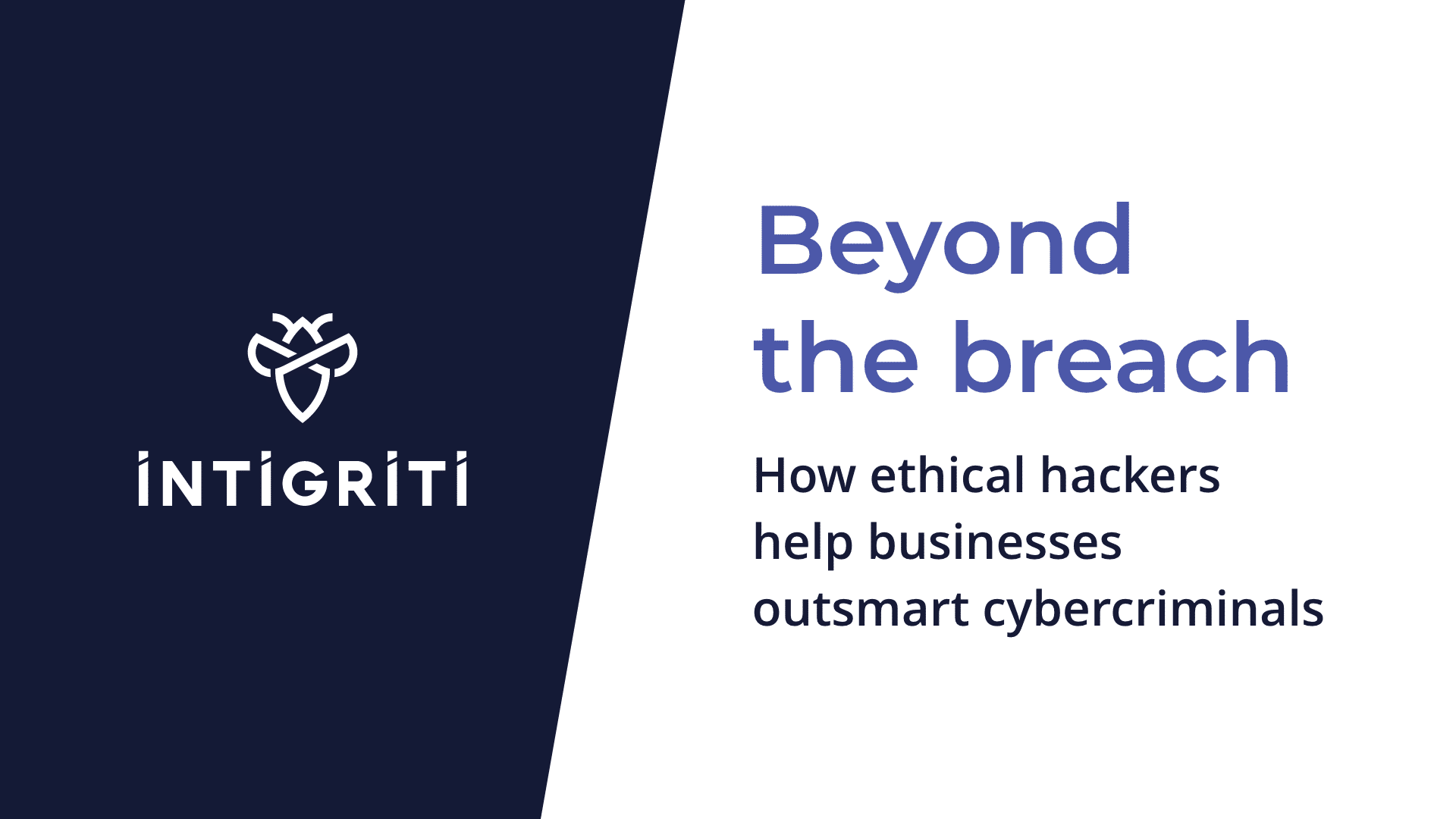Re-Coding the Future
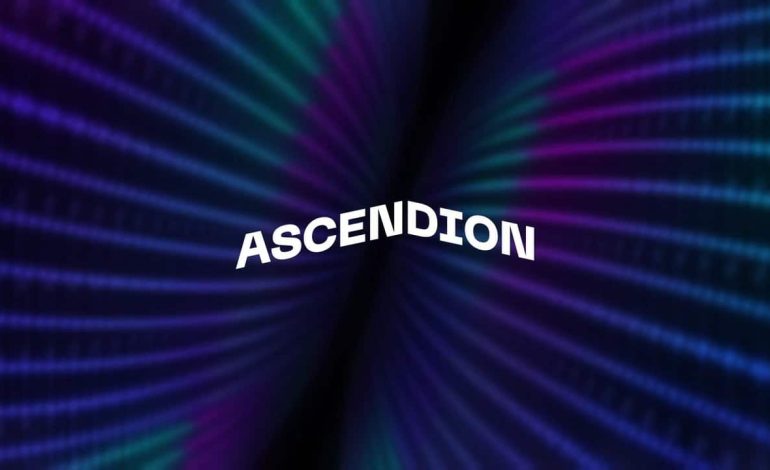
Software Built with AI Powers Economy 4.0
Throughout history, new forms of energy have shifted the gears of human progress, profoundly changing how we live and work. The ancients started with muscle, moved to animals, then we harnessed water, steam, and eventually, electricity and transistors.
Today, AI is emerging as our next energy source—like fire, electricity, or steam in past revolutions—to power productivity, this time in the knowledge economy.
Horses, steam engines, and power plants all still matter of course, but our world is increasingly running on code, on software. What some are calling Economy 4.0 is the AI-powered transformation of the knowledge economy, with software reordering how value is created, delivered, and scaled.
AI is the new power for business, but software is the power grid. It’s the axle around which our knowledge economy is starting to turn. Software now shapes how we communicate, manage money, access healthcare, shop, learn, and nearly every other aspect of our modern lives.
“Software is one of the key elements of making WellSky successful,” said Joel Dolisy, Chief Technology Officer, WellSky. “There is a lot of people interaction, that is all enabled through software… [It] is a big, big important part of how … we make that happen.”
And yet, much of the code that shapes our economy is old enough to collect social security. Nearly $3 trillion worth of global business operations still run on COBOL daily. Despite the increasing criticality of code, we’re still relying on software that may have been developed by our grandparents. The impact: a chilling effect on disruptive innovation.
Software development methods, processes, tools, and mindsets from the past are crumbling under the pressure of AI-powered systems and potential. This presents leaders with a once-in-a-career opportunity.
That’s where Ascendion comes in. We’re unleashing intelligent agents that enhance humans as we build software faster and better.
Now, engineers using AAVA, our platform of agents aligned to software development and management, are using AI to deliver better code at half the cost and twice the speed.
To unlock the potential value, leaders, IT teams, operations, line-of-business, procurement, finance, and the C-suite must lean into new ways of designing, building, and managing software. This isn’t theory or buzzwords. It’s happening now using what Ascendion calls Engineering to the Power of AI (EngineeringAI). This means companies can do more with less; this means more time for talented humans to create, innovate, imagine, and lead.
David Park, President, Commercial Bank, Axos Bank, told us, “With the speed of development and the reduction of cost through AI, we are able to personalize the banking experience. … Hyper-personalization … is what’s most exciting about financial services and the software evolution we are going through.”
Marc Andreessen was right when he said, “Software is eating the world.” Now, thanks to AI, we’re seeing that software engineering is the first course.
The data is adding up. Gartner predicts AI software will reach $297 billion by 2027. Researchers are uncovering a double-digit decrease in jobs related to writing and coding. A growing number of early adopter CIOs are already reporting that AI can yield efficiency gains of 20% to 40%.
Innovation, growth, savings, and transparency aren’t new, but this is: AI is moving from the computer science lab to every business. The new power revolution from AI is already starting. The first major disruption, where real value is being delivered today, comes from how software is being built. AI is changing not just what we build, but how we build it.
Every new power revolution—fire, water wheels, steam, electricity, and now AI—comes with risks, disruptions, and unintended consequences. AI’s impact on software engineering will be profound, and it needs to be managed so we advance safely and civilly.
In the coming years and decades, AI agents will disrupt countless business processes, consumer experiences, and jobs.
But right now, today, software engineering is being re-coded by the bot. Business leaders, policy makers, and employees can embrace the potential for AI and tame our new machines, so that value generation tips the scales away from risk and fear and failed projects.
Find out more about Economy 4.0 Campaign



